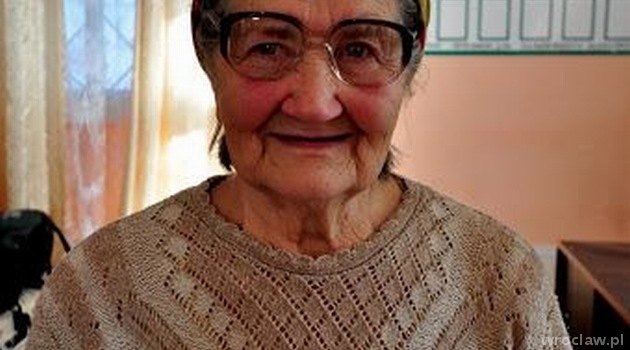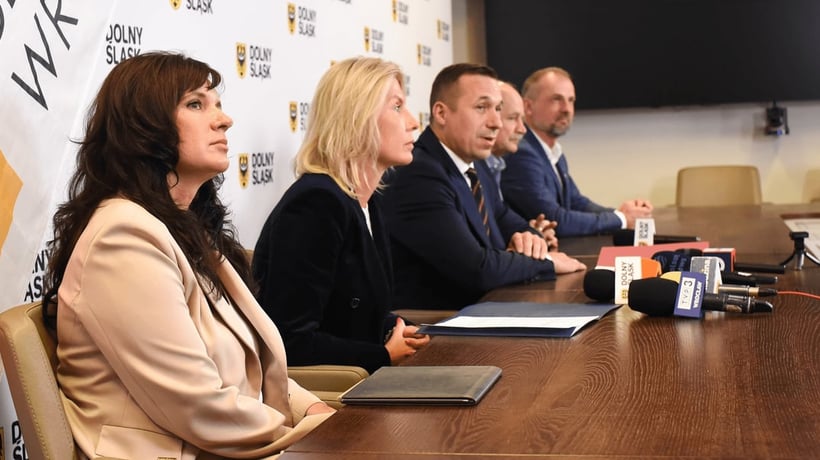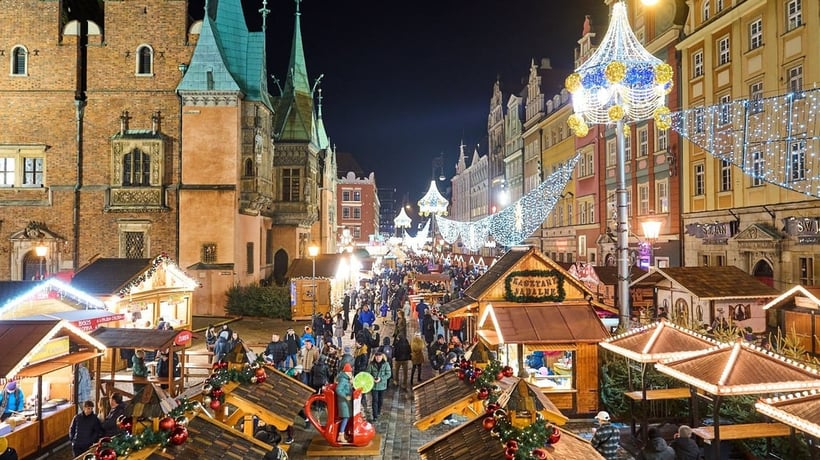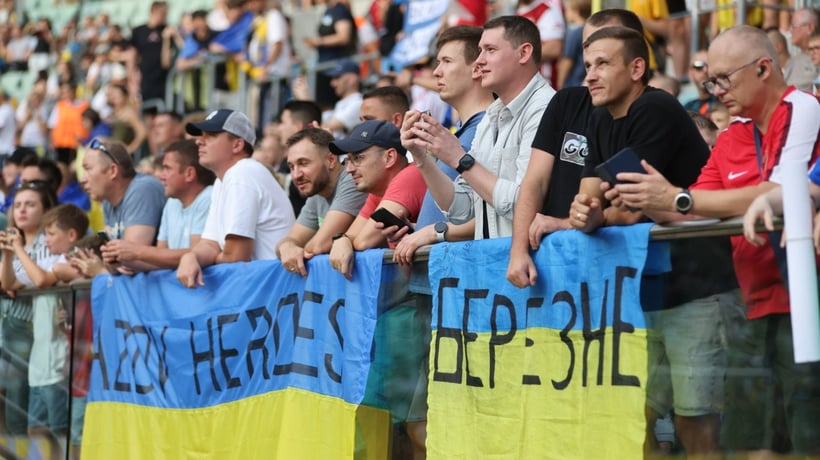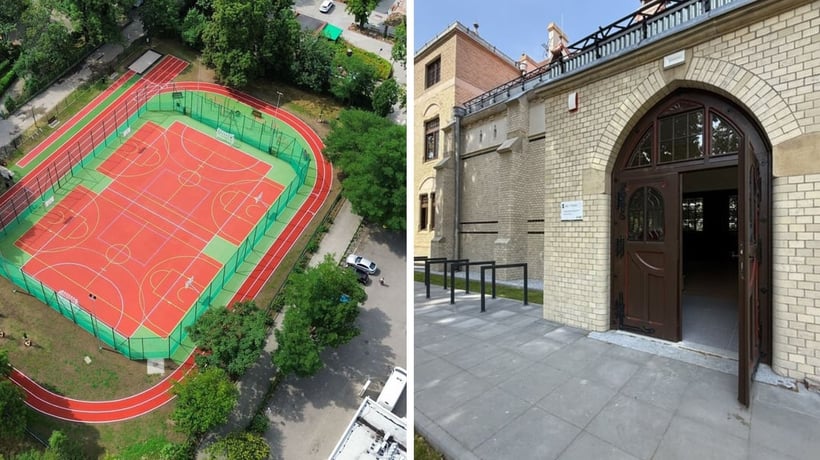Nearly 600 pieces were collected in Wroclaw and Oleśnica from individuals and companies, others were sent directly to the organisers, and there were lots of calls from across the Poland with touching stories — that was the response to the web campaign ‘Glasses for Siberia’ featured on our website.
In Wroclaw, the campaign met with great interest, both from older and younger people. Second-hand glasses that will go to the Poles in the distant Khakassia together with a team of oculists and optometrists were brought by the individuals, scouts, companies. The residents of Oleśnica, especially the scouts from The Polish Scouting and Guiding Association (Związek Harcerstwa Polskiego, ZHP) also helped with the collection. The courier company from Zielonka sent the collected glasses to the organisers of the nationwide campaign at its own expense. At the beginning of the week IBM Wroclaw also joined the campaign. Its employees will be collecting the glasses till the end of the month. "During the collection we had a lot of calls from Pomerania, Subcarpathian, Kuyavia, Greater Poland. Many consignors sent over glasses in response to the appeal from Wroclaw, which accidentally spread across Poland," delightfully says Agnieszka Kaniewska, the organiser of Wroclaw collection.
Emotions and thrill
Collection of glasses for Siberia sparked a series of memories and emotions, especially among older people. "Together with glasses that their grandparents used to wear, they also brought the stories about Siberia, about the fate they had had to share with other exiles. Their visits to the library, when they came in with glasses, were an interesting and moving experience," says Agnieszka Kaniewska.
The world through a magnifying glass
The majority of glasses is in very good condition. "We have even received magnifying glasses with a clue that they may come in handy, especially for those whose glasses are too weak," recalls Mrs. Agnieszka. In her opinion, young people took that collection as some kind of a curiosity as well as exoticism. "We were not collecting money or something that we use every day. We were collecting something that is often useless to us, but on the other hand, it may allow someone else to see the world in its full colour. And that someone is our compatriot living in Siberia, which is mostly associated with the Polish martyrdom," says the PhD student.
Eliza Głowicka



